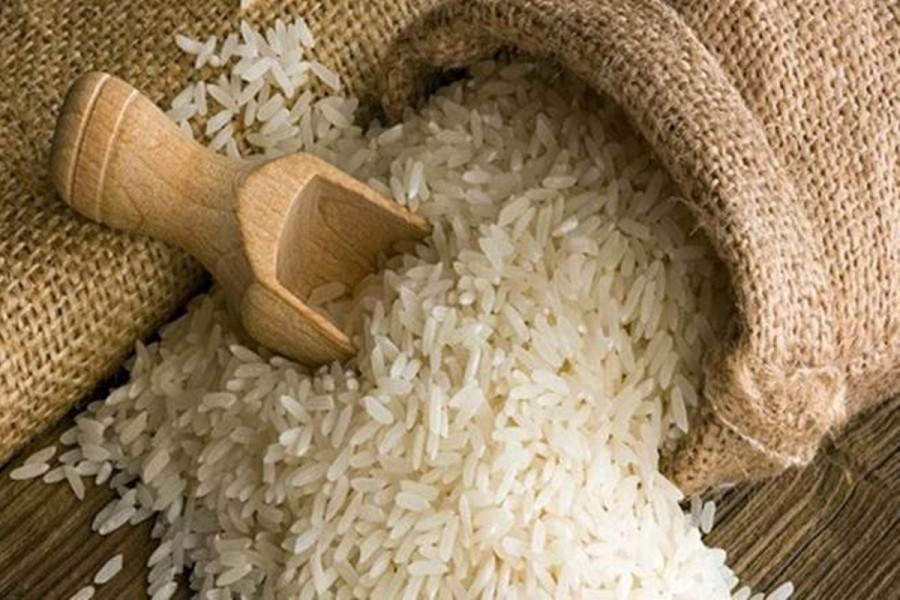Developments on the food front are far from reassuring, if not alarming yet. Rise in rice prices during the past few days, particularly on the eve of the government's announcement of procurement price of Aman paddy and rice and at a time when harvest of some varieties of this crop has just begun, is a departure from the traditional market trend. Although the newly harvested paddy is selling at Tk 23.50-24 a kilogram, the BRRI-28, 29 and Miniket of the Boro season stored earlier have registered a price hike by Tk 1.50-2.50. The Trading Corporation of Bangladesh (TCB), however, has recorded 3.0-3.50 per cent rise in prices in a week. As always, millers do not run short of excuses for raising prices. This time the excuse is the government's reinstatement of the import duty from October 30. Strangely, the price of rice started going up days before that date. Why? The imported or stored rice was procured taking the advantage of the duty waiver and should by no means register a hike.
The fact remains that the millers and middlemen are controlling the food market. They are habituated to enjoying the glut of paddy during the major harvest periods and also creating artificial crises at times to make the most of the situation. Yet it must be admitted that paddy farmers have been receiving at least prices a little above the production cost for the past three-four years after continuously disposing of their produce at losses for years. Actually, the botched-up data often released by the government agencies are to blame for this. So long the hype and myth that the country has become self-reliant in staple food, went bust when suddenly food crisis started staring in the face since 2018-19. The government had to look for import of rice on an emergency basis. This means there is a significant gap between demand and production.
The post-pandemic time is critical for a turnaround and if the staple start becoming dearer at the onset of the harvesting season of a major crop, it does not bode well for the country. Particularly, the poor, low- and middle-income segments of people cannot cope with the inflation. They have to give up many of their nutritious contents in their dishes. Its impact will be severer because, they are yet to recover from the economic shock experienced during the pandemic. Children and women in families of those segments are likely to be the worst sufferers.
In the light of the past year's experience -- a total failure in procurement drive, the food ministry had no option but to increase the procurement prices of rice and paddy. But the market forces known for manipulation of the entire process of procurement, storage, husking and supply, have already taken advantage of it. They are likely to add to their advantage in the days to come because the market is volatile all through. Every essential commodity has become costlier and there is no sign of its relenting. Even the benefit of the raised procurement price will be reaped by farmers only partially if the government fails to collect paddy and rice directly from farmers. In fact, millers hold the sway because they supply rice. But of the total targeted amount of 0.8 million, the 0.3 million paddy should be directly procured from farmers. This is how the millers' monopoly can partially be offset and the government's food stock ensured to a large extent.


